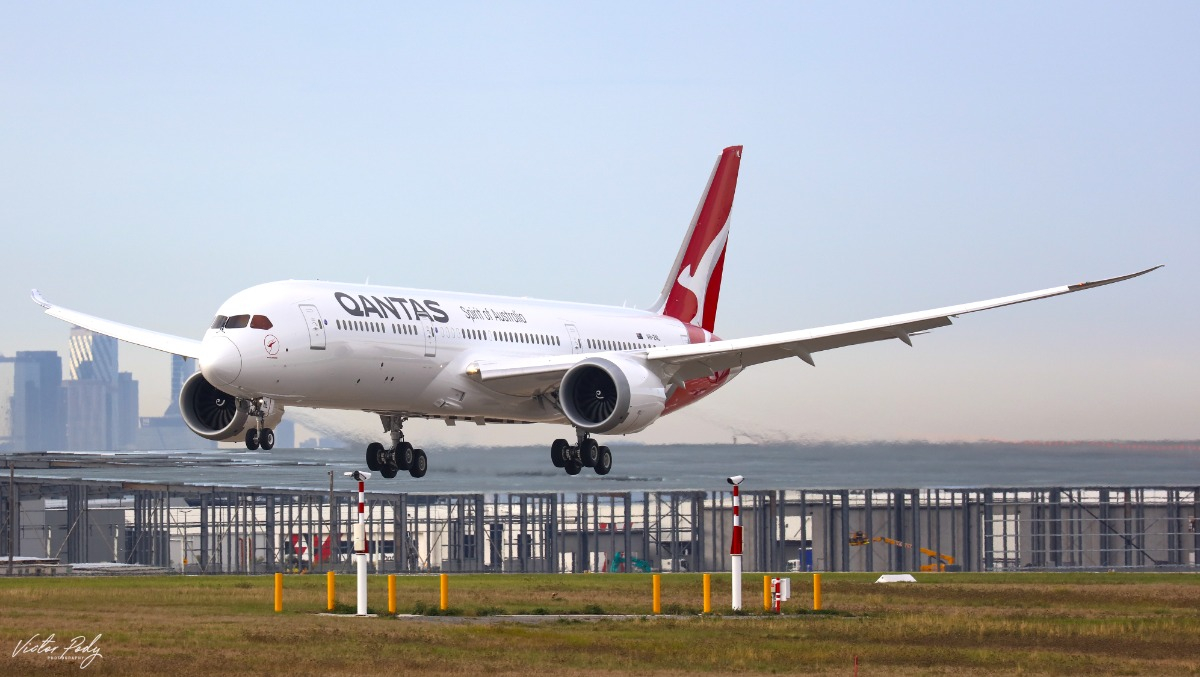
Qantas’s remarkable recovery from COVID-19 looks set to continue after it revealed it expects to post an underlying profit before tax of more than $2.4 billion this financial year.
The Flying Kangaroo has released estimates putting its full-year profit for FY23 as between $2.425 billion and $2.475 billion, with a net debt of $2.7-$2.9 billion as of 30 June 2023. The estimate follows a record $1.428 billion half-year profit to December 2022.
In its guidance, Qantas said fuel prices, fares, and operational buffer costs are all moderating, with jet fuel prices “remaining elevated” but falling. Fares are declining from peaks seen in the first half of the financial year owing to the return of capacity, but yields are “expected to remain materially above pre-COVID levels” through the 2023–24 financial year, especially internationally.
“More parts of the aviation supply chain are returning to normal, which means we’re able to put some of the spare aircraft and crew we kept in reserve back in the schedule. That’s combining with lower fuel prices to help put downward pressure on fares, which is good news for customers,” said CEO Alan Joyce.
“We called out an extra $200 million of overheads in FY23 because of the operational buffer we put in place, which can now start to roll off. Five of the aircraft that were in reserve last Christmas will be back flying by the end of this half.”
Qantas has increased capacity in the second half of FY23 as new aircraft arrive and more wide-body jets emerge from storage, with domestic capacity expected to hit 104 per cent of pre-pandemic levels and international capacity to hit 80 per cent by the end of the financial year.
“The industry remains capacity constrained, and the travel category remains strong, so there’s still a mismatch between supply and demand that’s likely to persist for some time, especially for international flying,” said Joyce.
“We’re on track to take delivery of another eight new aircraft before the end of this calendar year, and we’re working hard to bring the last of our stored aircraft through heavy maintenance so we can get them back in the air.”
More to follow…

















David James
says:Don’t see any reference to repaying tax payers bail out money, did that happen??